Who is the Hero of Waterloo?
The Hero of Waterloo is none other than the Duke of Wellington, best known for defeating Napoleon at the Battle of Waterloo, bringing an end to the Napoleonic era of European history. He was a conservative military leader who frequently won battles in difficult circumstances and inspired discipline and loyalty in his troops. Wellington became prime minister of Great Britain in 1828.
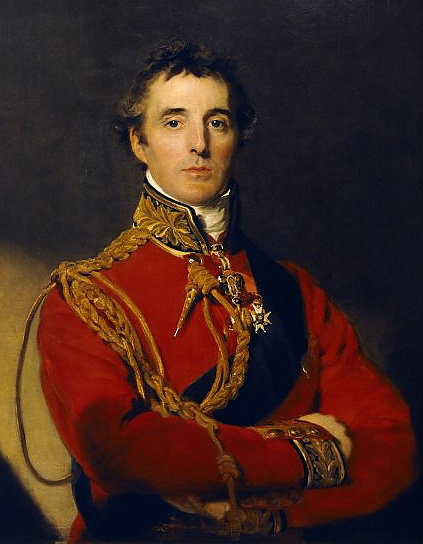
Arthur Wellesley – The Duke of Wellington
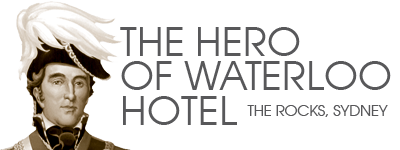
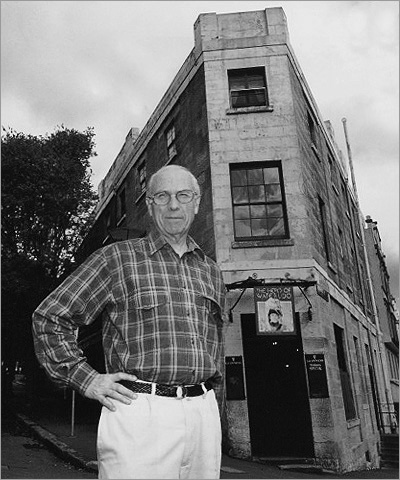
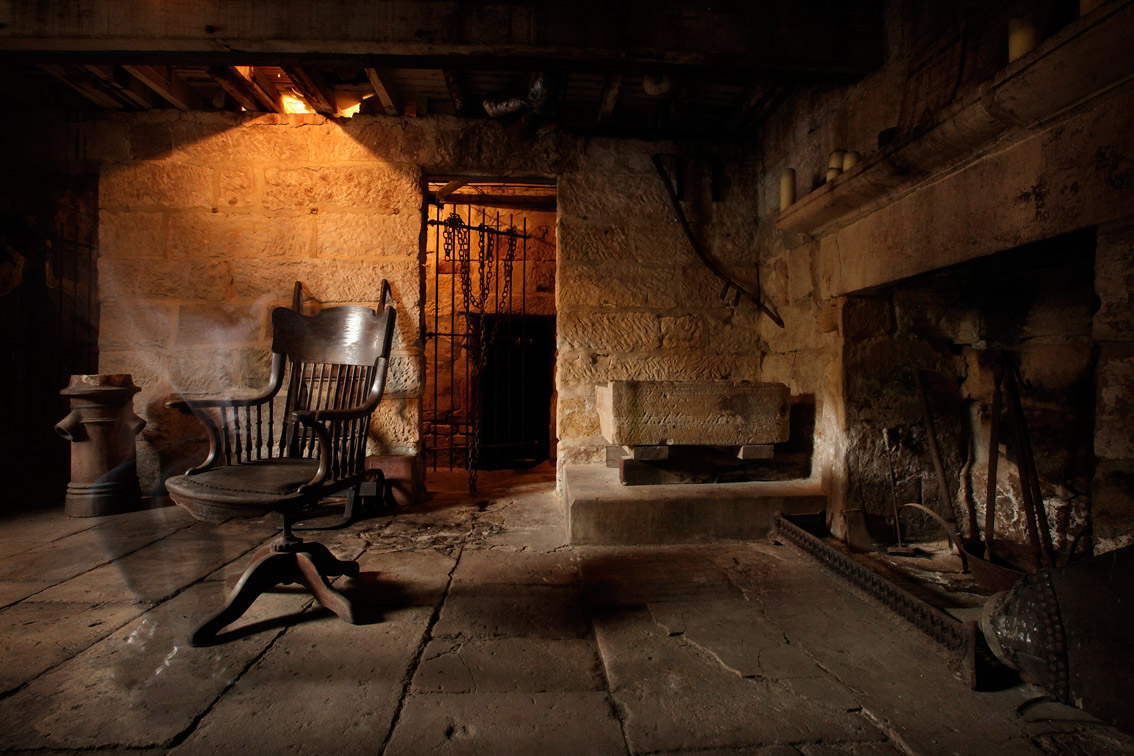

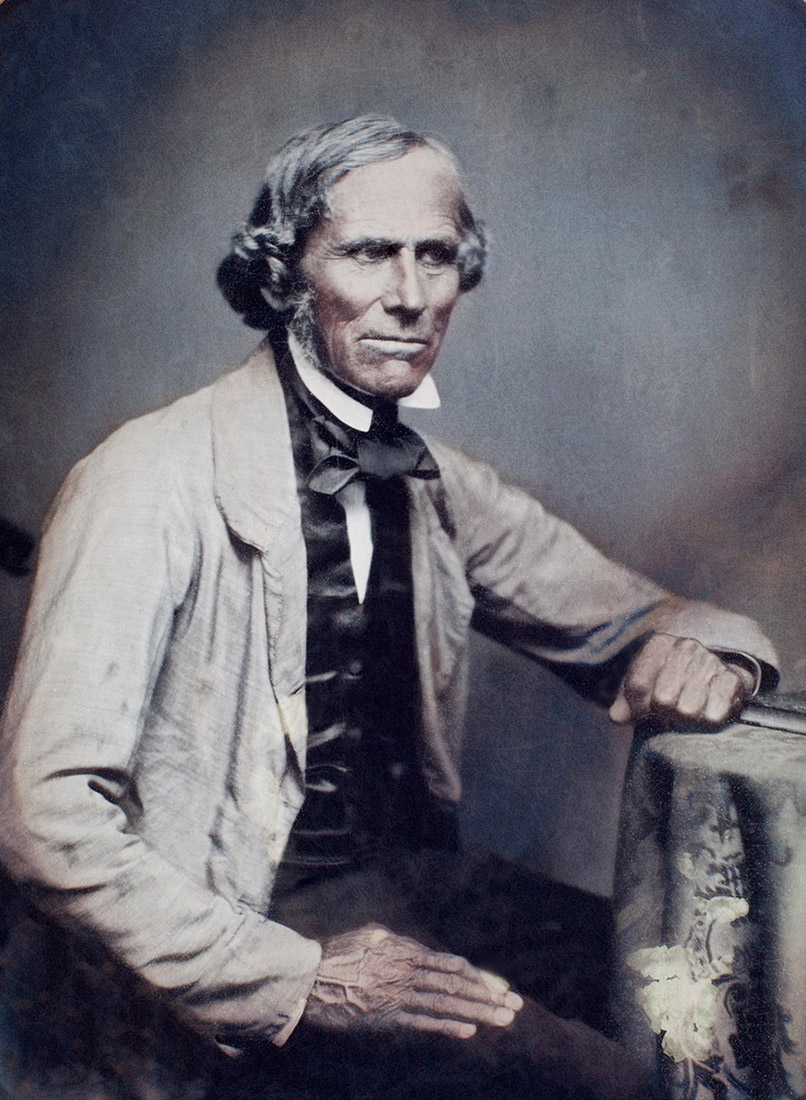
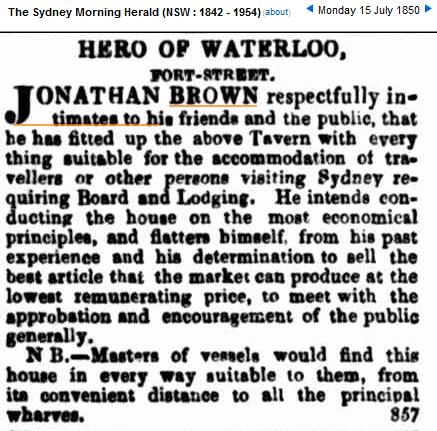
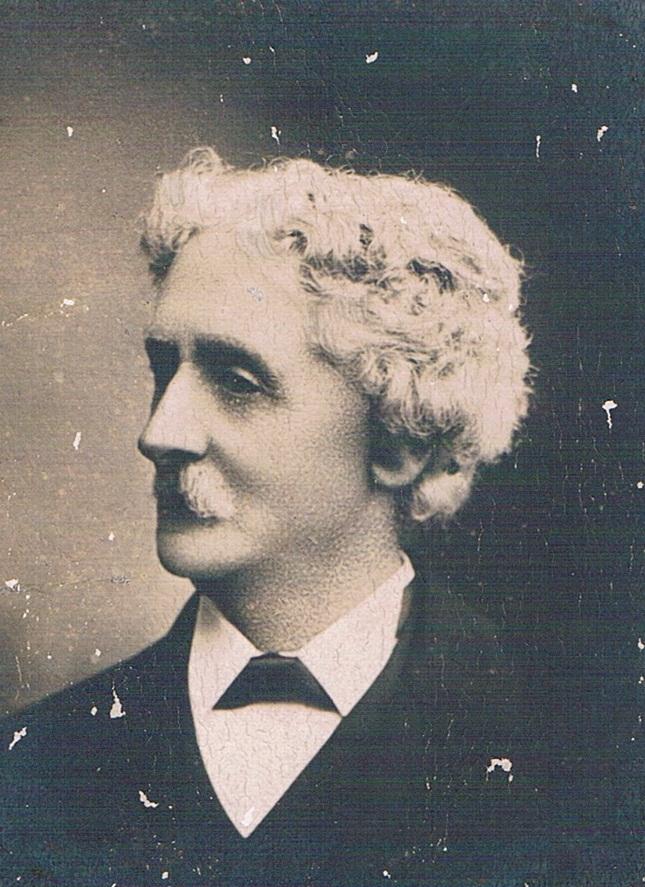
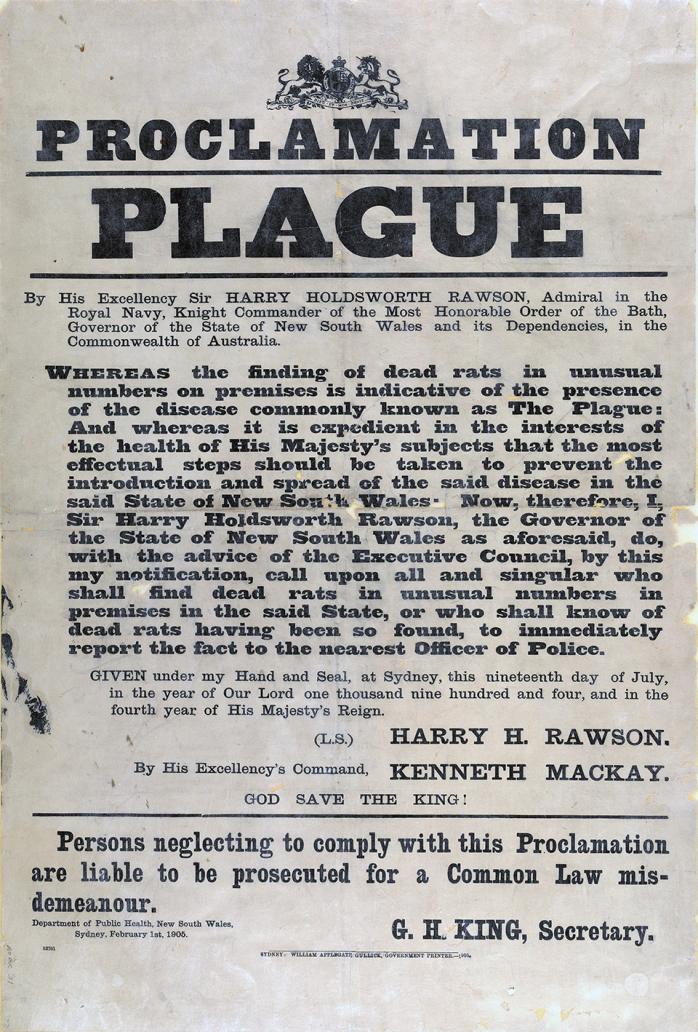
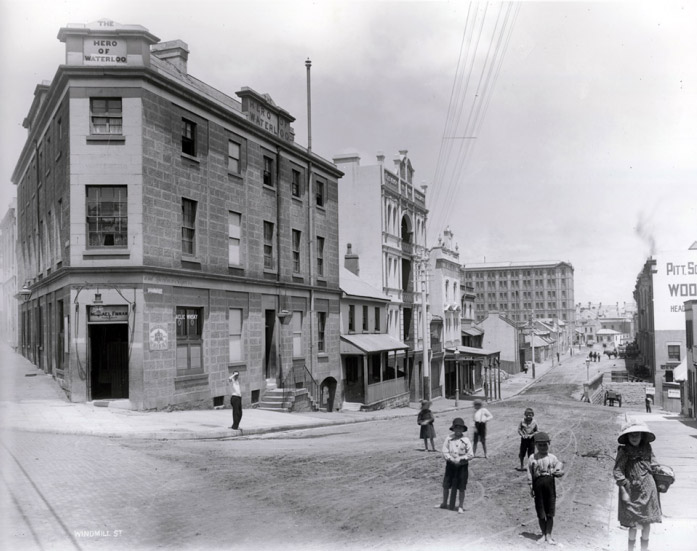
Pingback: Ghost Tours Sydney; The Rocks Walking Tour ~ Globeblogging
Pingback: 29 Iconic Buildings in Sydney | Sightseeing
Pingback: Down at the pub - Photos JAC